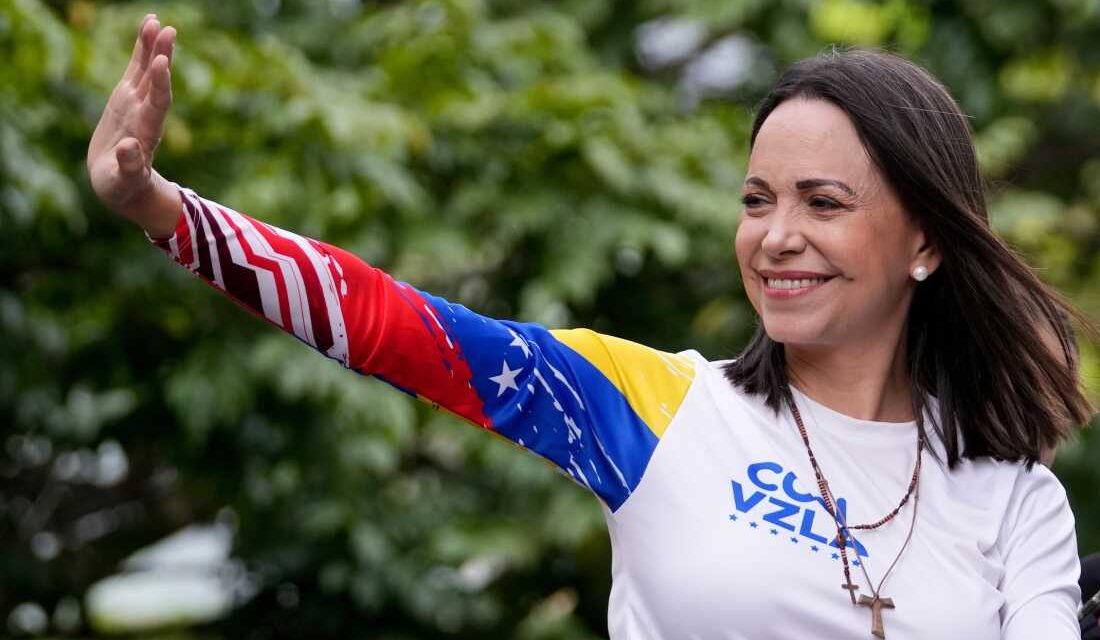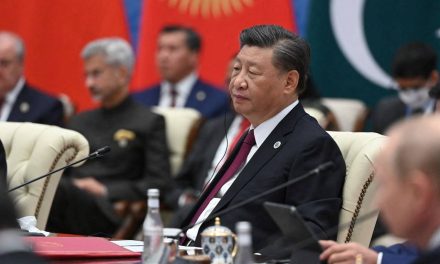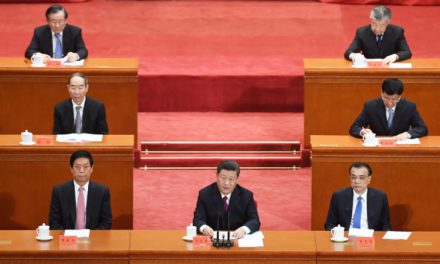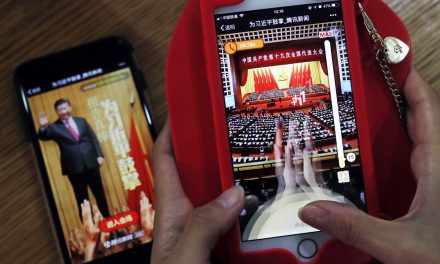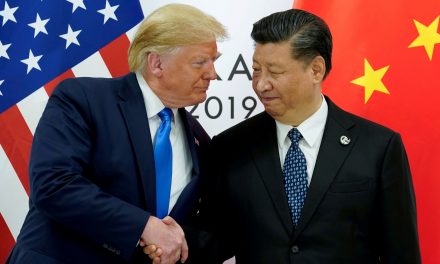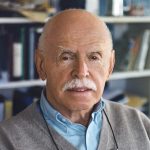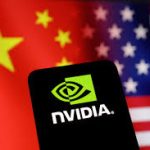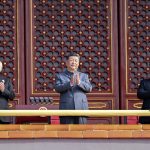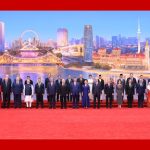By Jianli Yang
The Norwegian Nobel Committee announced Friday that María Corina Machado has been awarded the 2025 Nobel Peace Prize for her extraordinary leadership in promoting democratic rights and uniting the forces of freedom for the people of Venezuela. Committee chair Jørgen Watne Frydnes said Machado “represents the true spirit of the Nobel Prize, as a unifying figure, determined in her commitment to the peaceful protection of democracy at a time when it is under threat acutely in Venezuela but also around the world.” He added, “As the leader of the Democratic Forces in Venezuela, María Corina Machado is one of the most extraordinary examples of civilian courage in Latin America. Democracy depends on people who refuse to stay silent, who dare to step forward despite grave risk, and who remind us that freedom must never be taken for granted, but must always be defended—with words, with courage, and with determination.” It could not be better said.
The award arrives at a perilous moment. Democracy worldwide is at its lowest point in decades. Freedom House reports nineteen consecutive years of democratic decline. Old dictatorial regimes, once constrained by distance and secrecy, have been further empowered by high technology—turning tools once hailed as engines of liberation into instruments of control. Meanwhile, within democracies, the same technologies have fueled populist backlash and tribal division, eroding trust in institutions and truth itself. The promise of the digital age—to connect, enlighten, and empower—has, for now, delivered a world both more surveilled and more polarized.
Nowhere is this clearer than in the global reach of China’s authoritarian model. China has built the most sophisticated digital dictatorship in human history, using censorship, data analytics, and AI-driven surveillance to police not only behavior but belief. And it has exported this model to other autocracies—including Venezuela.
As Venezuelan opposition leader Leopoldo López and I wrote in our essay, “How China Hinders Venezuelans’ Struggle for Democracy”, published when Machado was running against Nicolás Maduro as the democratic opposition’s candidate, China has become a core pillar of the autocratic network sustaining Maduro’s regime. Beijing’s $62 billion in loans over a decade financed hundreds of infrastructure and energy projects that enriched the ruling elite while tightening the dictatorship’s grip. Chinese engineers shared the architecture of digital repression; Chávez’s officials visited Shenzhen to study censorship and control. Today, Venezuela’s Homeland Card, a national ID system embedded with QR codes linking personal and social data, functions as a tool of political monitoring modeled on China’s own digital ID regime. In September 2023, Maduro’s fifth state visit to Beijing elevated the relationship to an “all-weather strategic partnership,” deepening Venezuela’s dependence on Chinese capital and technology.
These ties show how autocracies now collaborate across borders with money, data, and know-how, while democracies often hesitate, paralyzed by division or short-term interest. China, Russia, and Iran form a flexible, ideology-free alliance of convenience—united not by doctrine but by power and profit. Their cooperation strengthens each regime’s capacity to withstand pressure from the democratic world. Democracies, by contrast, have yet to match this solidarity with one of their own.
Yet the story of María Corina Machado offers a counternarrative of courage. Her life and words remind us that moral conviction, even when isolated, can pierce the machinery of fear. After winning Venezuela’s opposition primary, she declared, “Today we’ve unleashed a very powerful force. Today, we’ve shown ourselves what we’re capable of doing.” Later she told supporters, “This is not the end, but it is the beginning of the end.” In those simple words lives the essence of democracy itself: faith in the people’s ability to awaken from despair.
In many ways, Machado embodies the spirit of the late Liu Xiaobo, the 2010 Nobel Peace Laureate whom I had the honor of representing at the Oslo ceremony. Liu warned that without individual moral courage and civic responsibility, even the best-intentioned reforms would collapse into new forms of tyranny. He urged citizens to resist hatred, to choose conscience over obedience, and to understand that democracy cannot be bestowed from above—it must rise from below, through the awakening of truth and conscience.
The struggle remains formidable. The autocrats wield money, censorship, and fear; the defenders of democracy hold only truth, solidarity, and the courage of ordinary citizens. Yet history often turns on the courage of a few. At this critical juncture, when democracy faces its gravest challenge in generations, the Nobel Committee’s decision to honor María Corina Machado is both timely and necessary. It reminds those suffering under authoritarianism that the world still hears their voice—and warns citizens of established democracies that complacency is fatal.
If democracy is to renew itself—what some call Democracy 2.0—it must reclaim moral and technological leadership: building tools that empower rather than enslave, protecting truth against disinformation, and ensuring that the next era of innovation belongs to free minds, not to fear. The recognition of Machado is not merely a tribute to one nation’s struggle; it is a summons to all who still believe in liberty’s cause.
Yet as we celebrate this victory for conscience, we must remember its fragility. Eight years ago, Liu Xiaobo died in a Chinese prison, the only Nobel laureate to perish in state custody since Carl von Ossietzky under Hitler. The world mourned but did not act. Liu’s death remains a warning: when power fears a dying man’s words more than its own corruption, it has already hollowed itself out—but so, too, has a world that watches in silence.
The Nobel Peace Prize awarded to María Corina Machado defies that silence. It reminds us that even in an age of surveillance and cynicism, moral courage still matters—and that the spirit of freedom, once awakened, can never be fully imprisoned.
Dr. Jianli Yang
Research Fellow, Kennedy School of Government of Harvard University
Founder and President of Citizen Power Initiatives for China and author of For Us, The Living: A Journey to Shine the Light on Truth and It’s Time for a Values-Based “Economic NATO”.

